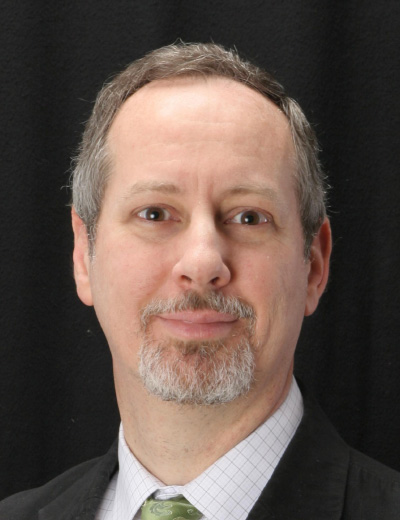Common Law, Merchant Law, and Democratic Legislation
Sunday, February 18, 2001
February 15 - 18, 2001
Radisson Hotel, Berkeley, California
Featuring
Research Director for The Independent Institute, Assistant Editor of The Independent Review, and Associate Professor of Economics at George Mason University.
The Independent Institute’s Vice President and Director of Research, Alexander Tabarrok, hosted a Liberty Fund Colloquium, February 15-18, 2001. The colloquium brought together leading scholars of law and economics from the United States, Europe and Canada to discuss three types of law, common law, merchant law, and democratic legislation. Scholars attending the colloquium included David Friedman, Bruce Benson, and Paul Rubin among others. The purpose of the colloquium was to try to understand better how laws are created and especially how different institutions may systematically produce law of differing qualities and properties. Some of the questions discussed were: In what ways does the common law differ from legislation? Does the process by which the common law and legislation are created or discovered have an impact on the substantive rules which are created? How do both the common law and legislation differ from law evolved in a polycentric order, such as the Law Merchant? Can we expect any of these forms of law to be superior to other forms? If the Law Merchant or common law are efficient then why have they declined in influence over time?
Bruce L. Benson, Senior Fellow, The Independent Institute; DeVoe Moore Distinguished Professor of Economics, Florida State University
Javier Couso, School of Law, University of California, Berkeley
Tyler Cowen, General Director, Mercatus & James Buchanan Centers, George Mason University
Hans Eicholz, Fellow, Liberty Fund, Inc.
John Eisenberg, School of Law, Yale University
David D. Friedman, Professor of Law, Santa Clara University
Eric Helland, Professor of Economics, Claremont McKenna College
Jana King, School of Law, Yale University
Daniel B. Klein, Professor of Economics, Santa Clara University
G. Patrick Lynch, Professor of Political Science, Georgetown University
Roger E. Meiners, Professor of Economics, University of Texas, Arlington
Jeffrey A. Miron, Professor of Economics, Boston University
Julia Raiskin, London, England
James R. Rogers, Professor of Political Science, Texas A & M University
Paul H. Rubin, Professor of Economics, Emory University
Alexander T. Tabarrok, Vice President and Research Director, The Independent Institute
Alexander Volokh, Policy Analyst, Reason Foundation
Session II: Political Economy and the Evolution of Law
Session III: Norms and Efficiency
Session IV: The Law Merchant
Session V: Democratic Legislation
Session VI: Common Law, Merchant Law, and Democratic Legislation
Participants:
Kenneth L. Avio, Professor of Economics, University of Victoria, CanadaBruce L. Benson, Senior Fellow, The Independent Institute; DeVoe Moore Distinguished Professor of Economics, Florida State University
Javier Couso, School of Law, University of California, Berkeley
Tyler Cowen, General Director, Mercatus & James Buchanan Centers, George Mason University
Hans Eicholz, Fellow, Liberty Fund, Inc.
John Eisenberg, School of Law, Yale University
David D. Friedman, Professor of Law, Santa Clara University
Eric Helland, Professor of Economics, Claremont McKenna College
Jana King, School of Law, Yale University
Daniel B. Klein, Professor of Economics, Santa Clara University
G. Patrick Lynch, Professor of Political Science, Georgetown University
Roger E. Meiners, Professor of Economics, University of Texas, Arlington
Jeffrey A. Miron, Professor of Economics, Boston University
Julia Raiskin, London, England
James R. Rogers, Professor of Political Science, Texas A & M University
Paul H. Rubin, Professor of Economics, Emory University
Alexander T. Tabarrok, Vice President and Research Director, The Independent Institute
Alexander Volokh, Policy Analyst, Reason Foundation
Program:
Session I: Nomos: The Law of Liberty?Session II: Political Economy and the Evolution of Law
Session III: Norms and Efficiency
Session IV: The Law Merchant
Session V: Democratic Legislation
Session VI: Common Law, Merchant Law, and Democratic Legislation







